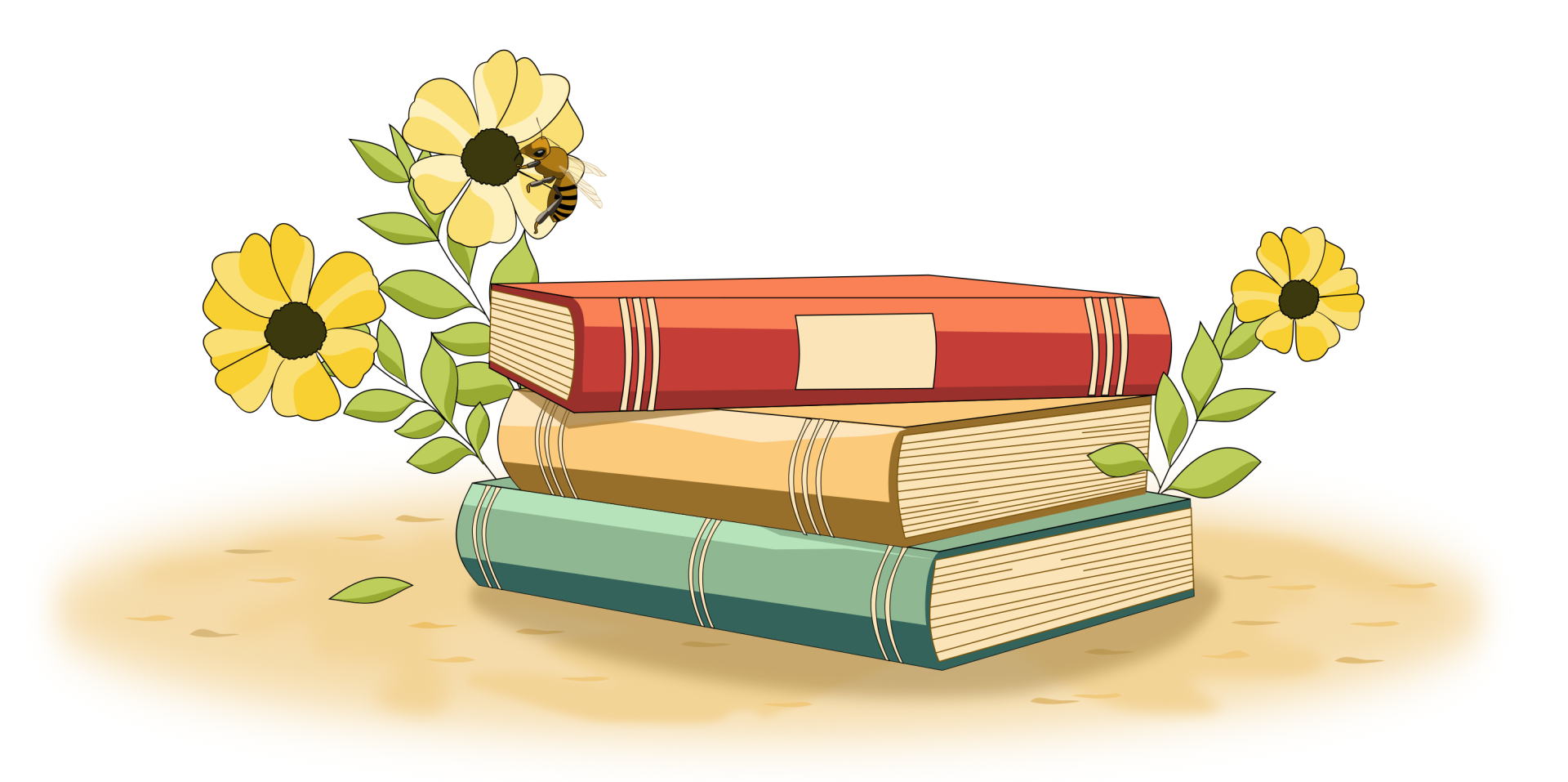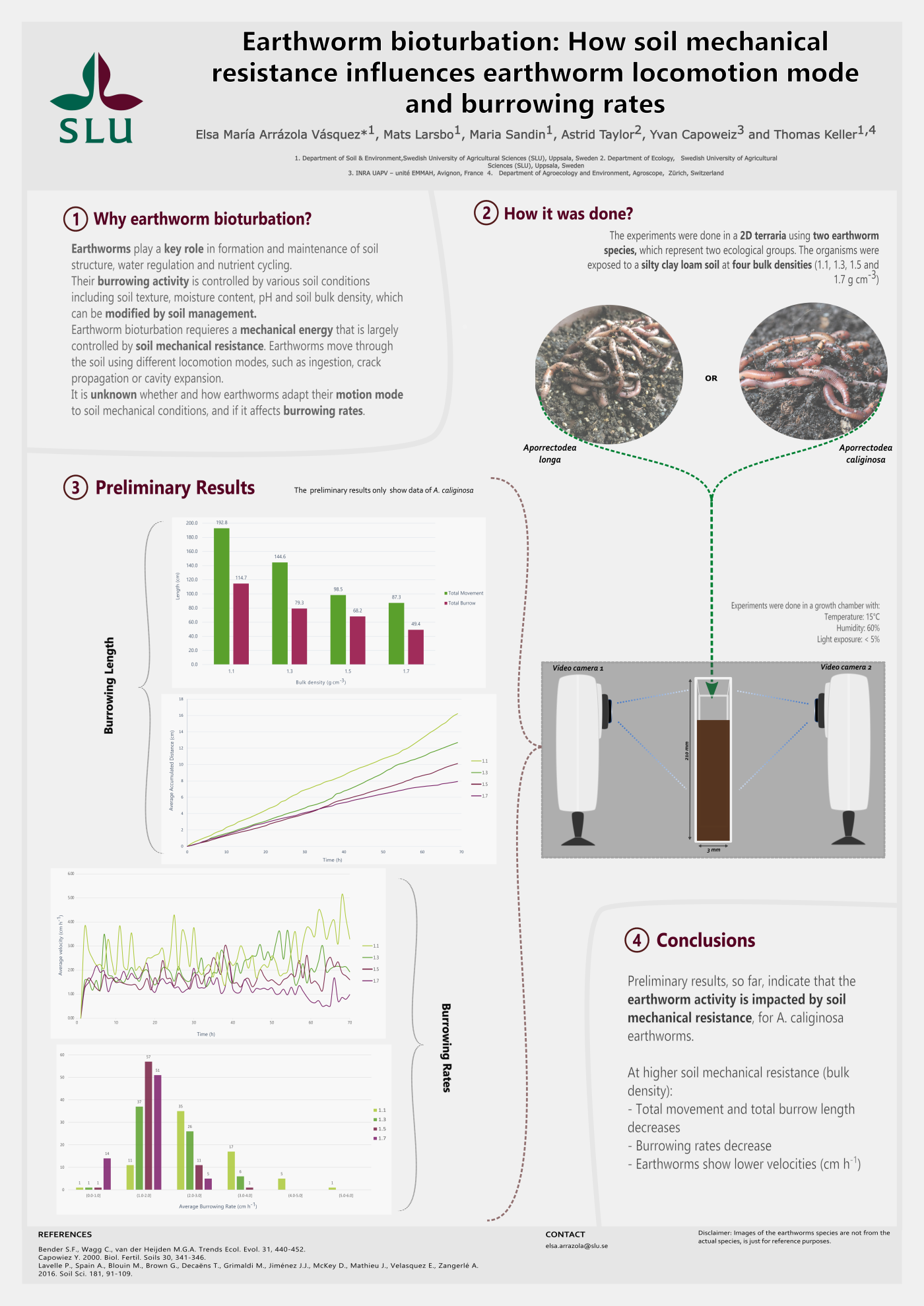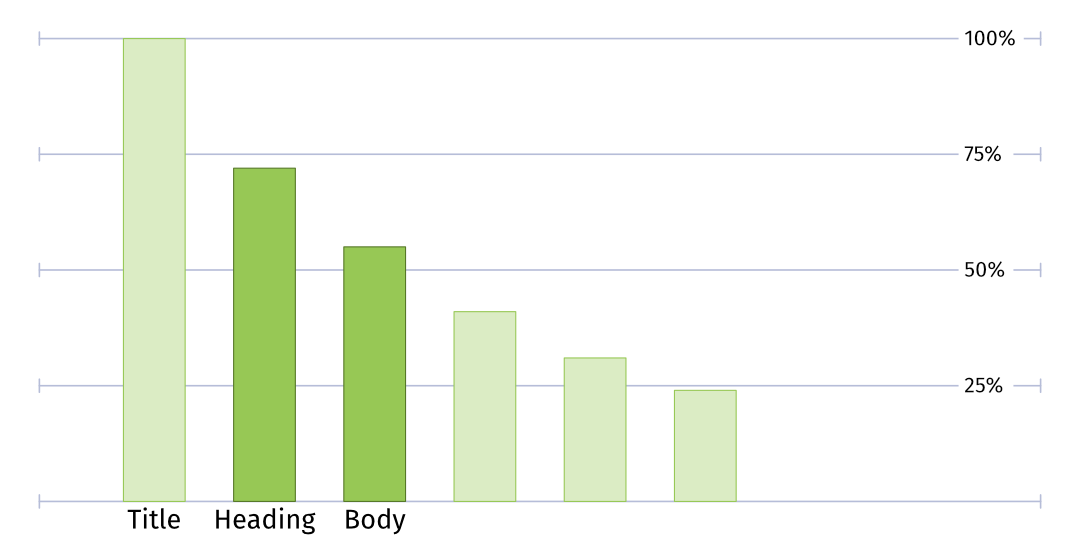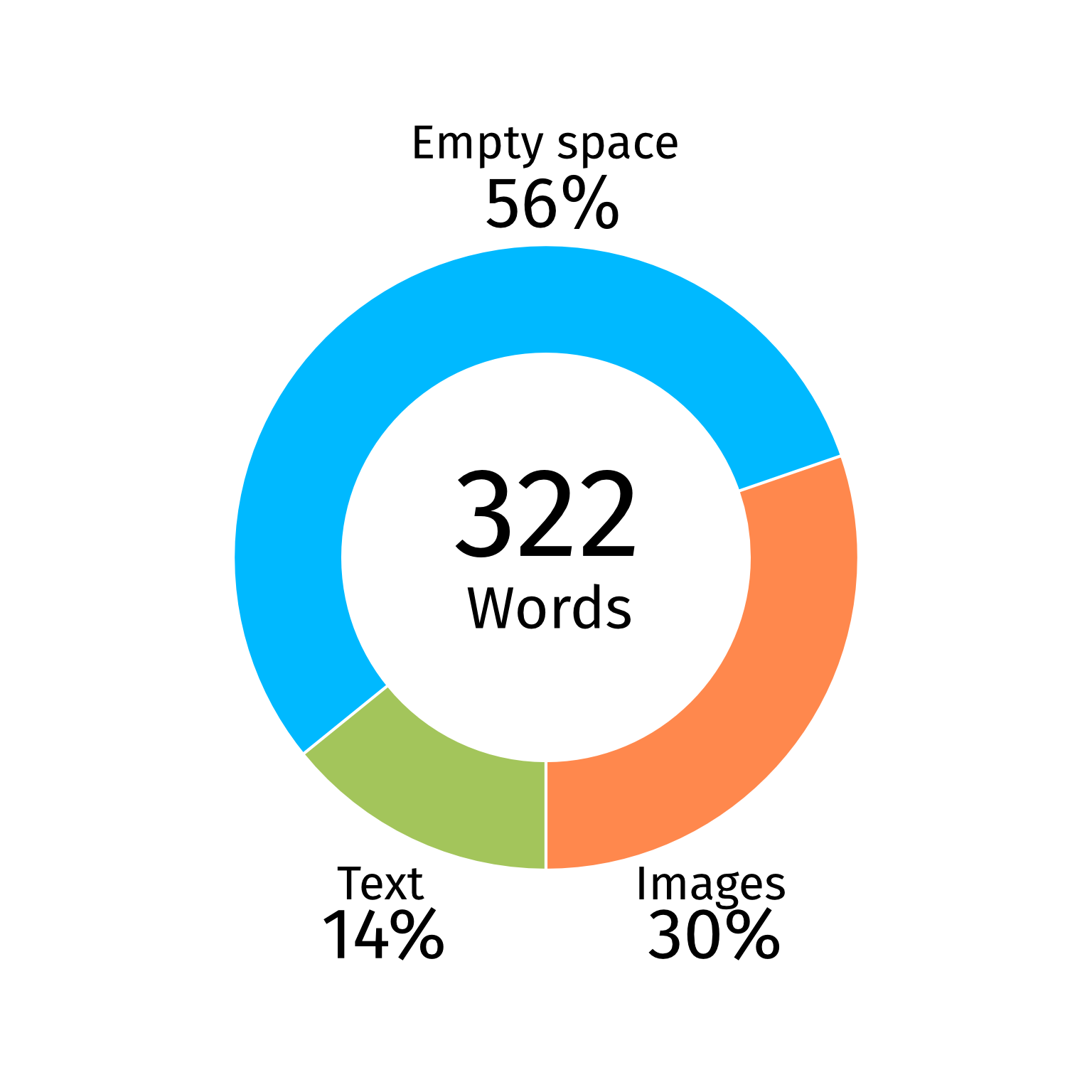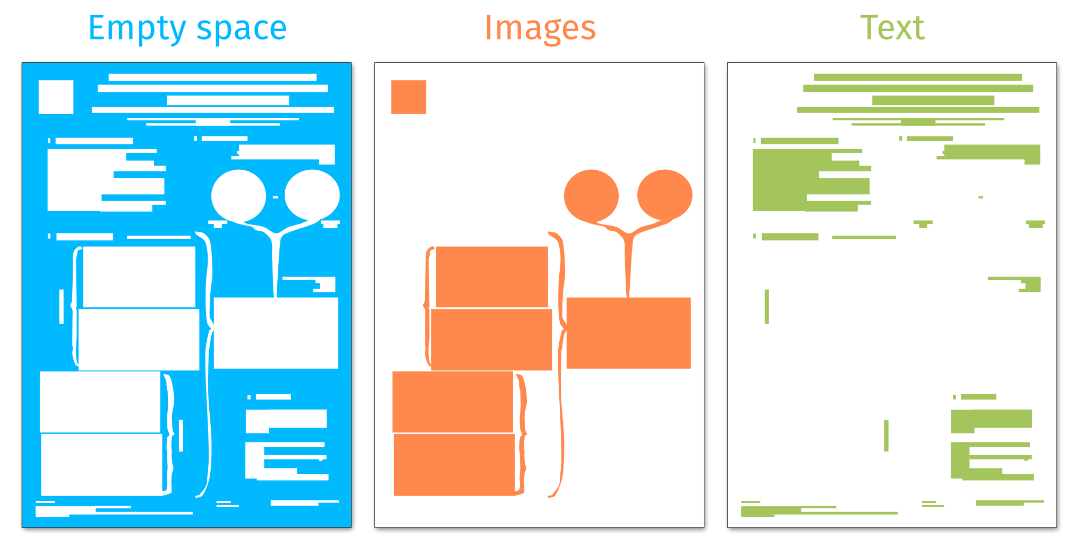For those of us who love reading and learning from books, summer vacation is a time for summer reading lists. As an avid explorer of books related to visual science communication, I figured this summer I could present you with a reading list that would kick off your journey into the field. I have selected five books that represent different aspects of the field of visual science communication but are also not the toughest tomes out there, to accommodate for relaxed summer reading.
- Building Science Graphics, Jen Christiansen
- Understanding Comics, Scott McCloud
- Presentation secrets, Alexei Kapterev
- The functional art, Alberto Cairo
- The Secret lives of color, Kassia St. Clair
Building Science Graphics, Jen Christiansen
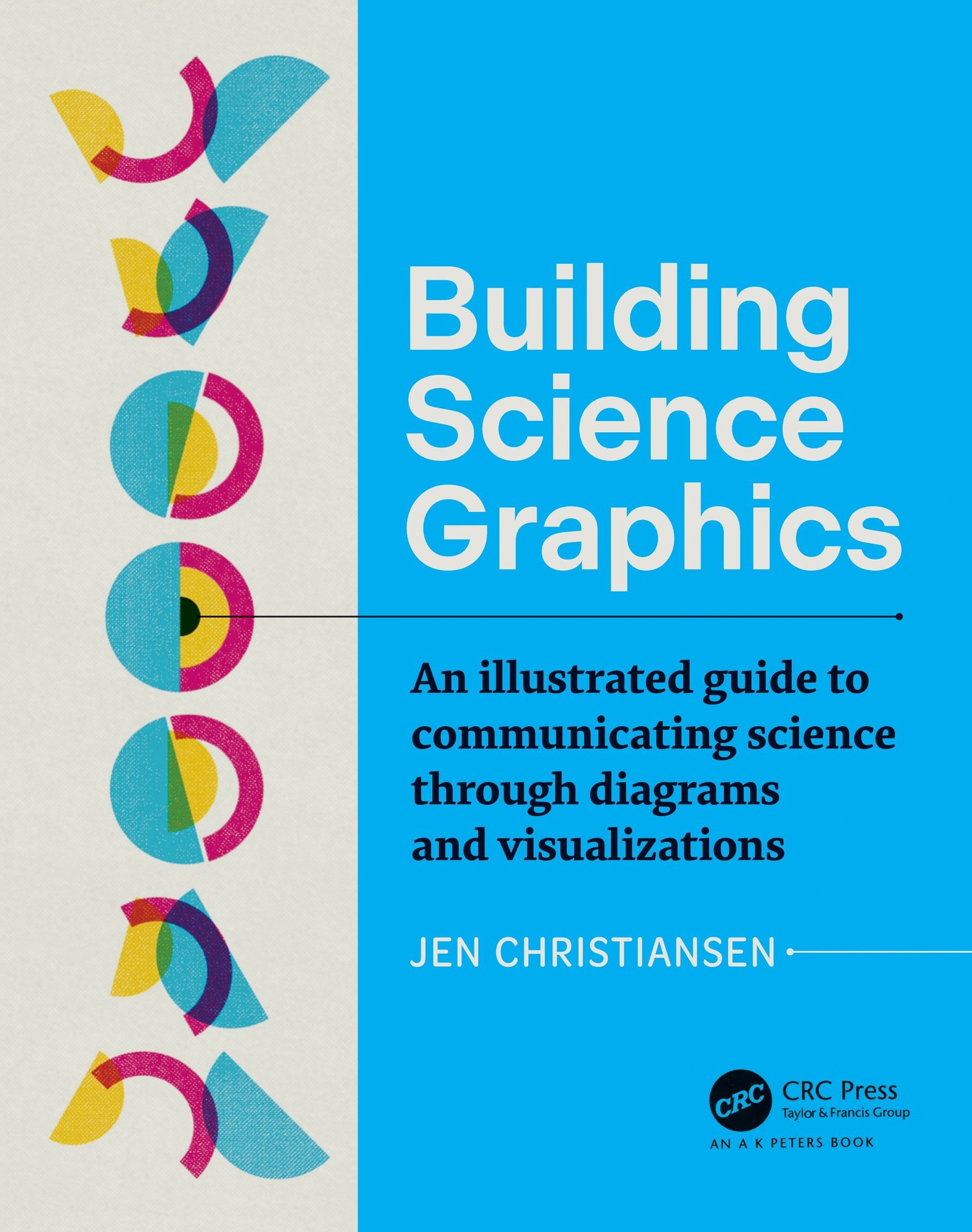
Although this book is relatively young (first published in 2023) it has become the one MUST READ for the science visualizer.
Jen Christiansen's vast knowledge and experience combines well with her joy and enthusiasm for the topic which drips from the pages. "Building science graphics" is filled with everything you want to know from fundamentals in design, perception, and science communication, to excellent practical examples and suggestions for further reading. All presented in a pleasant style with meticulously selected and created graphics clearly practicing what she preaches.
If you plan to read only one book this summer, make sure that its this one.
Jen Christiansen's vast knowledge and experience combines well with her joy and enthusiasm for the topic which drips from the pages. "Building science graphics" is filled with everything you want to know from fundamentals in design, perception, and science communication, to excellent practical examples and suggestions for further reading. All presented in a pleasant style with meticulously selected and created graphics clearly practicing what she preaches.
If you plan to read only one book this summer, make sure that its this one.
Understanding Comics, Scott McCloud
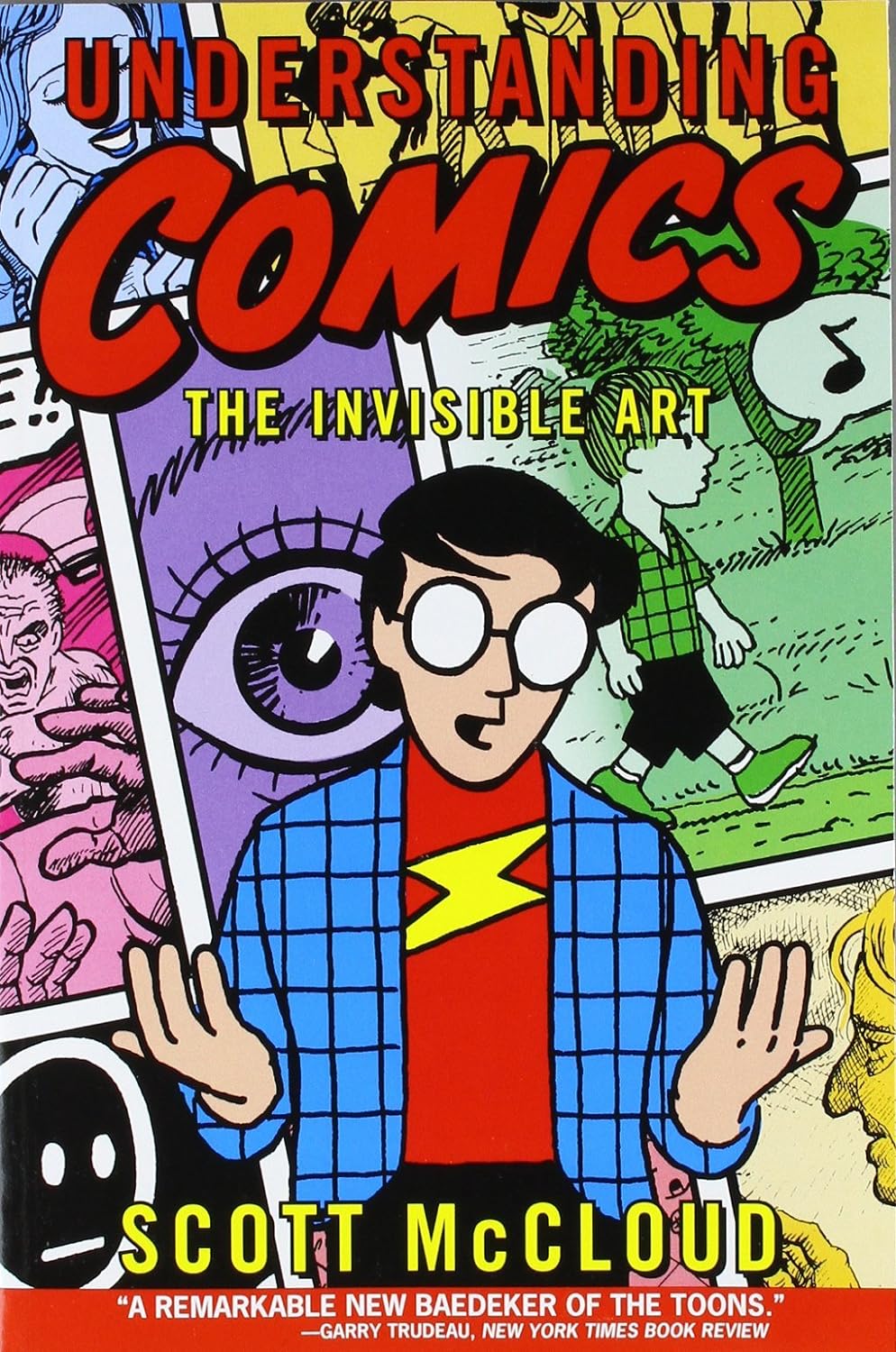
That Scott McCloud was going to be on this list was immediately obvious to me, but it took me some back and forth to decide whether I was going put “Understanding comics" or "Making comics" on this list. Both books are fabulous reads on visual storytelling. I settled on “Understanding comics”, because I feel that the theory behind “understanding” is more applicable to science communication.
I love this book; it is entirely in comic form which enforces the “show don't tell” principle. It has absolutely changed how I see, read, and think about, not only comics, but all graphics. The principles of visual storytelling are universal, and this book is the most fun way to learn about them.
I love this book; it is entirely in comic form which enforces the “show don't tell” principle. It has absolutely changed how I see, read, and think about, not only comics, but all graphics. The principles of visual storytelling are universal, and this book is the most fun way to learn about them.
Presentation Secrets, Alexei Kapterev
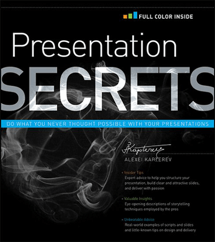
I have read loads of books on presentations and many of them are good. But many of them do focus more on marketing related presentations, meant to persuade, and sell, which is not the same as science presentations. In addition to that, many great books focus on only one aspect of presentations; the slide design; the story building; or the actual delivery. "Presentation Secrets" has it all, Story, Slides, Delivery. And although Alexei Kapterev has a "business" background I feel that many of the ideas, concepts, and suggestions, are easily achievable and applicable to science presentations as well.
So, if you only have the budget for one book on presentations, this is the one you want on your shelf.
So, if you only have the budget for one book on presentations, this is the one you want on your shelf.
The Truthful Art, Alberto Cairo
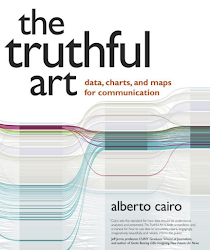
Alberto Cairo carries a special place for me, since his books were my gateway into the visualization field. In the truthful art Cairo leans into data visualization whereas his other books incline more towards infographics (these are of course very related topics). I love reading about the journalistic approach to dataviz which does feel different and closer to science than that of designers or marketeers.
As a scientist I very much appreciated the “correctness” in his approach even dedicating a chapter to statistics. Alberto Cairo is not only a great visual journalist but also an excellent educator and this book is a great “first” in a long series of good books on data visualization.
As a scientist I very much appreciated the “correctness” in his approach even dedicating a chapter to statistics. Alberto Cairo is not only a great visual journalist but also an excellent educator and this book is a great “first” in a long series of good books on data visualization.
The Secret Lives of Colour, Kassia St. Clair
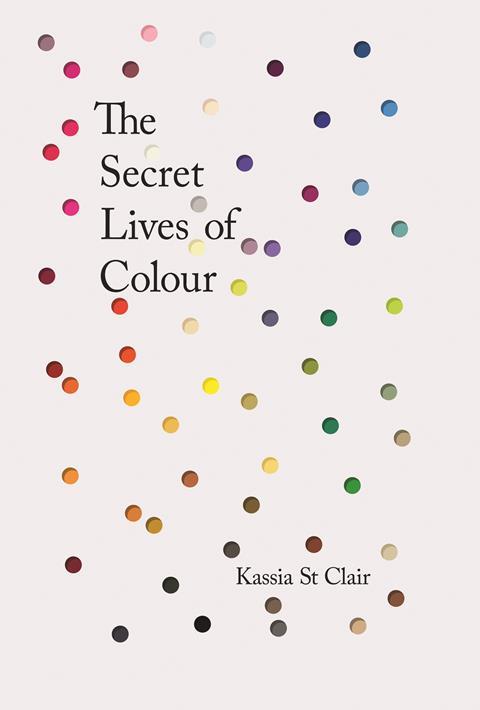
The secret lives of colour is a lovely book and an easy read.
It is a collection of short essays on colors and pigments grouped by larger color groups. Each essay is its own story, so it is the perfect book to pick up and put down in between dips in the swimming pool. The stories are varied and touch upon how pigments were created, discovered, and used in painting, fashion, architecture, and other fields, giving each color a historical or cultural background.
Although the book perhaps does not help "using" colors in your own designs it is a great book to help you appreciate the infinite available colors in digital drawing and definitely made me go "Huh... Interesting" regularly.
It is a collection of short essays on colors and pigments grouped by larger color groups. Each essay is its own story, so it is the perfect book to pick up and put down in between dips in the swimming pool. The stories are varied and touch upon how pigments were created, discovered, and used in painting, fashion, architecture, and other fields, giving each color a historical or cultural background.
Although the book perhaps does not help "using" colors in your own designs it is a great book to help you appreciate the infinite available colors in digital drawing and definitely made me go "Huh... Interesting" regularly.
